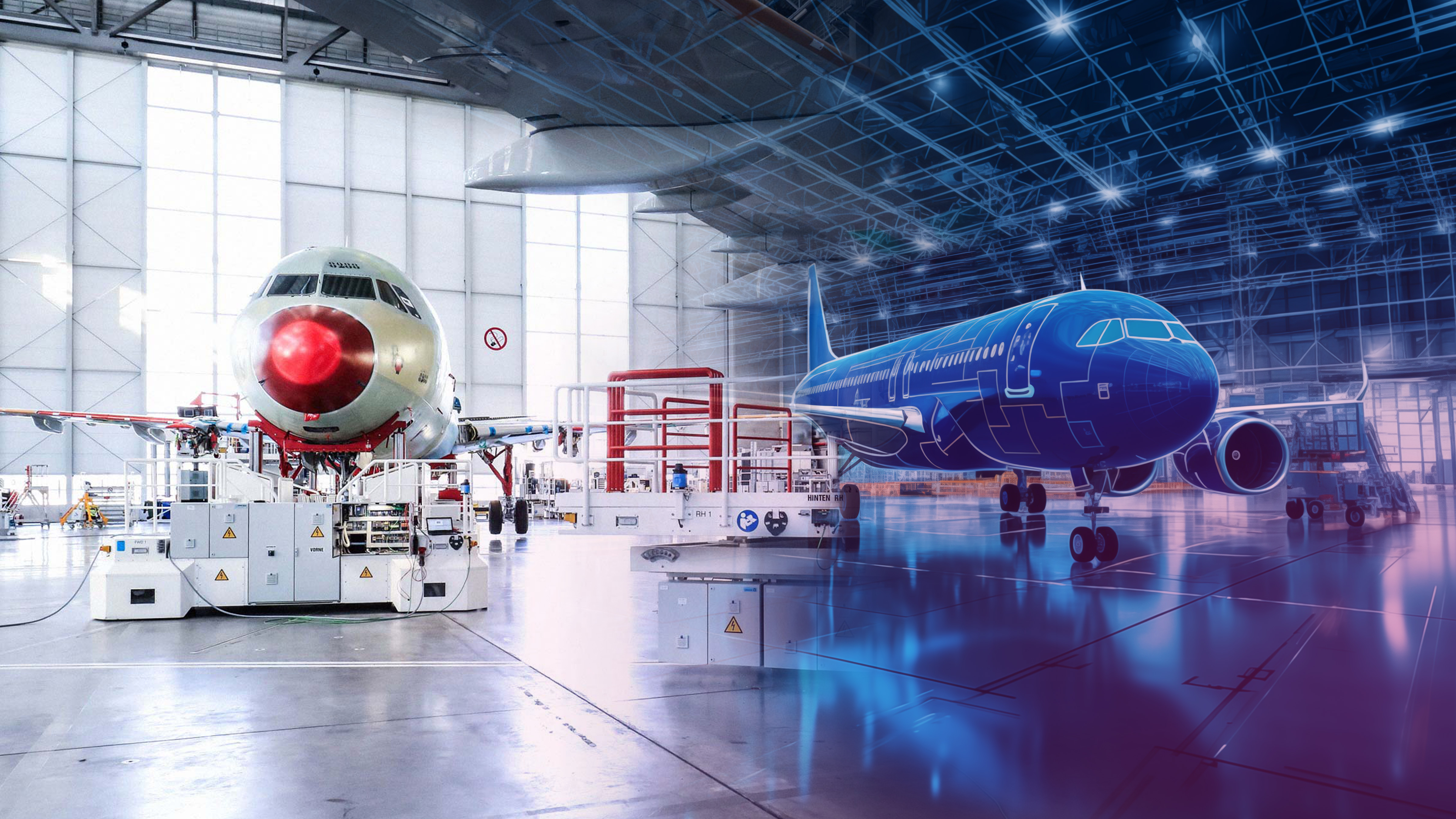The commercial aircraft services market is set to reach $290bn in 2043 with a compound annual growth rate (CAGR) of 3.5%, Airbus predicted during its global services forecast 2024-43. This nearly doubles the expected demand to reach $150bn this year, with the company anticipating the services market to support over 27,000 aircraft in 2024.
The current supply chain issues were highlighted as a significant challenge. Airbus says that it seeks to remedy this headwind through its services industry.
During a media briefing on September 18, 2024, the company added that core inflation is expected to decline steadily along with interest rates. Along with this, fleet expansion, technological developments could help drive the market developments.
However, Airbus officials noted that regulatory pressures – particularly in matters related to ESG – coupled with mounting geopolitical tensions could deter its growth outlook.
Airbus anticipates China to have the largest share of services demand over the period, estimated to reach $61bn by 2043. In comparison, North America is expected to reach $50bn. The European manufacturer opened its Airbus lifecycle services centre in Chengdu, China earlier this year. Airbus also expects the Asian market – in particular the South Asian market – along with the Middle East to witness the fastest growth over the period.
Airbus anticipates a surge in the aircraft dismantling and recycling market over the next two decades. The sector is expected to see a 7.5% CAGR over the period, generating just over $50bn. The company said that after the pandemic, it had decided to further establish itself into the used serviceable material market. “We saw a need for that availability to exchange second hand parts between operators,” said one Airbus speaker.
“It’s an activity which is growing extremely fast,” said an Airbus official at the event. “It’s coming from a need for around 500 aircraft to be dismantled per year.”
Airbus expects over 18,400 aircraft to be replaced throughout the two following two decades.
Over the next 20 years, Airbus forecasts around 42,000 new aircraft deliveries across the industry: 18,460 of which are for replacement purposes. The company added that that it expects over 48,000 aircraft to be in service by 2043, of which some 95% will be next-generation aircraft.
The company added that this growth would require cumulative new workforce of over two million through to 2043 for the industry; consisting of some 690,000 technicians, 620,000 pilots, and 950,000 cabin crew. Airbus said that attracting these new skilled workers – many of which were lost during the pandemic – will be a core challenge for the industry.
In response to this, Airbus said on September 19, 2024, that it is creating additional training capacity with the construction of a new campus.
The company said the training centre will "contribute to maintaining quality and occupational safety standards within aviation". The company said it will welcome its first trainee pilots, mechanics, and structure specialists during 2026. It said it expects to enrol around 10,000 trainees per year.
The new facility will be the largest of 15 Airbus pilot training centres globally, the manufacturer said. The space will also provide room for around 600 Airbus employees, as well as 12 full flight simulators and 12 Airbus procedure trainers.
In addition to a stronger workforce, Airbus said operational efficiencies can be bolstered through digital solutions. “We need to continue investing more and more into artificial intelligence (AI) and machine learning,” said one Airbus official.
The company said it is already integrating some AI capabilities to its data platform Skywise. Airbus noted that some of its customers have been developing AI algorithms to assist in operations and maintenance. With more robust data streams, Airbus expects that these algorithms to predict and analyse with more efficiency and reliability.

